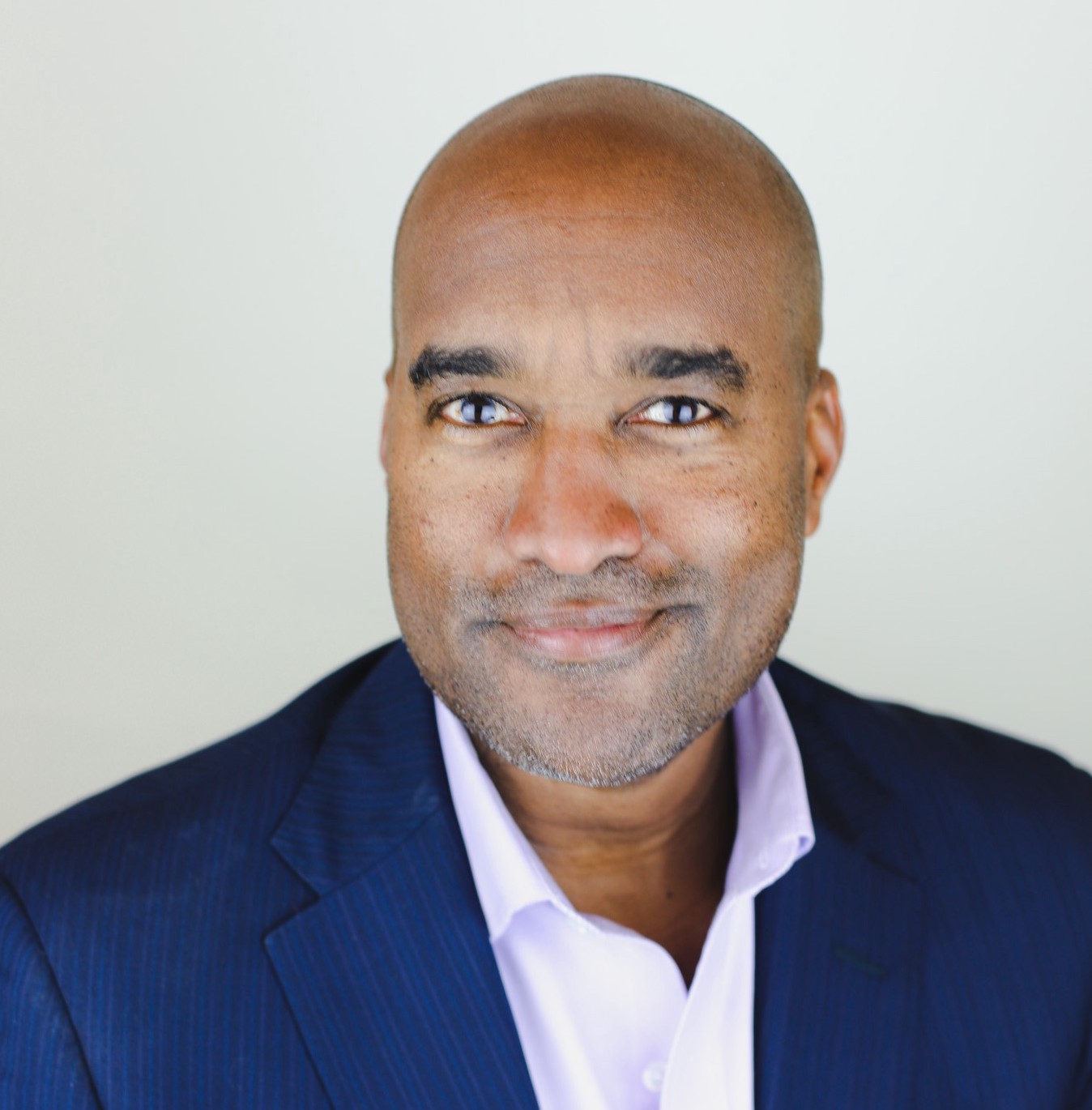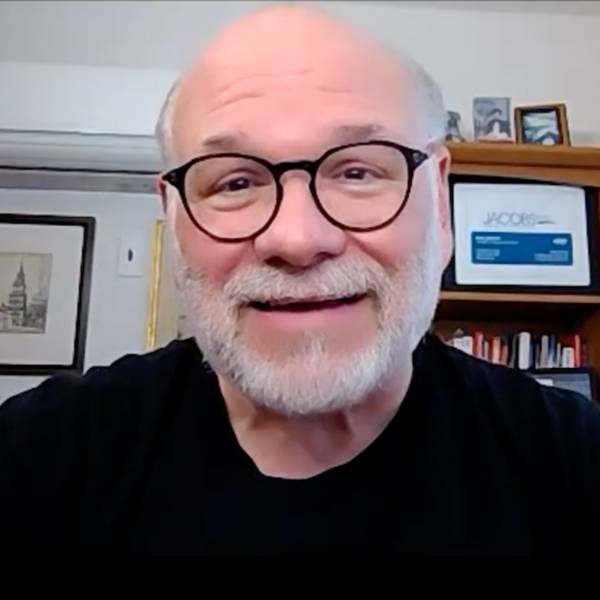Chris Foster, Omnicom Public Relations Group CEO, on Leadership
By Ken Jacobs
September 2021
Chris Foster knows PR leadership. On June 28, he became CEO of Omnicom Public Relations Group, overseeing its PR portfolio. Omnicom is parent company of the PR profession’s largest network of firms, including FleishmanHillard, Ketchum and Porter Novelli. The CEOs of those firms now report to Foster. Together, Omnicom has more than 6,300 employees.
Foster’s leadership skills were honed in his previous position as president of BCW North America, one of the world’s largest full-service communications agencies. He had previously spent more than a decade with Burson-Marsteller. Foster has more than 25 years of communications experience within agencies and consulting firms.
Here, he talks about leading other executives and driving improvements with DE&I.
What are your most important leadership tenets?
I am a true believer in the philosophy of service leadership. It is my job as a leader to support and guide my leadership team and our agency CEOs in service of our common goals as an organization.
When your employees feel supported, they are more likely to take risks which can deliver growth and have an outsized impact on the future of a company. And if those risks don’t work out, I encourage people to fail fast rather than continue to invest in underperforming strategies and ideas.
Who are the two most inspiring leaders you’ve worked for, and what did you learn from them?
Harold Burson was not only an industry legend, but someone I could always turn to for advice at Burson-Marsteller and subsequently at Burson Cohn & Wolfe, or BCW. He was evidence of how you can lead with both head and heart, a philosophy that was ahead of its time when Harold opened his agency in 1946.
For Harold, business was all about the people, which is something he instilled in me early in my career during my first stint at Burson-Marsteller. Until the day he passed, his door was always open, still meeting with clients and mentoring staff. He was most proud of the fact that he had created 34,000 jobs during his tenure, inclusive of Burson alum. That people-first mindset is foundational to my leadership style today.
And secondly, Marty Davis was a friend, mentor and sponsor early in my career in public relations. When I was a new manager in the business, Marty, an executive vice president and managing director at Burson-Marsteller, pulled me under his wing and taught me the business of public relations, from account and financial management to effective presentation skills and leading teams.
Central to Marty’s philosophy was creativity and the power of relationships. Over the course of his career, he amassed an impressive cadre of relationships and taught me the value of relationships in our business.
You recently shifted from being president of a global communications agency to become CEO of an agency holding company. As such, you’re now leading CEOs and presidents who are respected leaders in their own rights. What’s your philosophy for leading leaders?
Each of the Omnicom Public Relations Group agencies has a distinct value proposition, client base, strategic imperative and culture. It is critical that our agency CEOs and their leadership teams have the space to lead their firms, but my door is open to provide support where needed. I have found over the years that this approach fosters collaboration, which is a cultural foundation we need in today’s environment where we are more frequently coming together as OPRG to service clients and win business.
When did you know you had made the jump from manager to leader?
The merger of Burson-Marsteller with Cohn & Wolfe was a time of transformation for the staff. I found myself in a new role as president of North America of this brand new agency. People were looking to me to set vision and strategy for the region.
But there is a critical difference between developing and announcing a strategy and doing the work to get everyone actively working toward that strategy for the good of our business and our people. It was within that period that I really felt, for the first time in my career, that I was truly leading, not just managing.
You spent five-plus years at Booz Allen Hamilton, an information-technology consulting company. How can PR and communications agencies combat the inroads that consulting companies are making into our field?
I believe the answer is pretty simple. Earned media is the core of everything we do as PR and communications practitioners. Management-consulting firms will struggle to compete with us in that space, so it is critical that we demonstrate the value of our earned-first approach to clients every day.
Many people feel that DE&I and gender equity are the two most crucial challenges facing our profession today. How can you drive improvements in these areas at the holding company level?
As an industry we are on a journey. I’m excited and allow myself to be hopeful about our future as a more diverse and inclusive industry.
Last summer, Omnicom created the OPEN 2.0 DE&I action plan to harness the collective power of the company’s more than 1,500 agencies toward a common set of goals. We’re focused on four key tenets — culture, collaboration, clients and community. I was particularly impressed with how the agencies collaborated earlier this year on the 3in5 Campaign to increase representation of Asian Americans in media.
There is always more that we can do, but we want to be thoughtful, deliberate and accountable.



